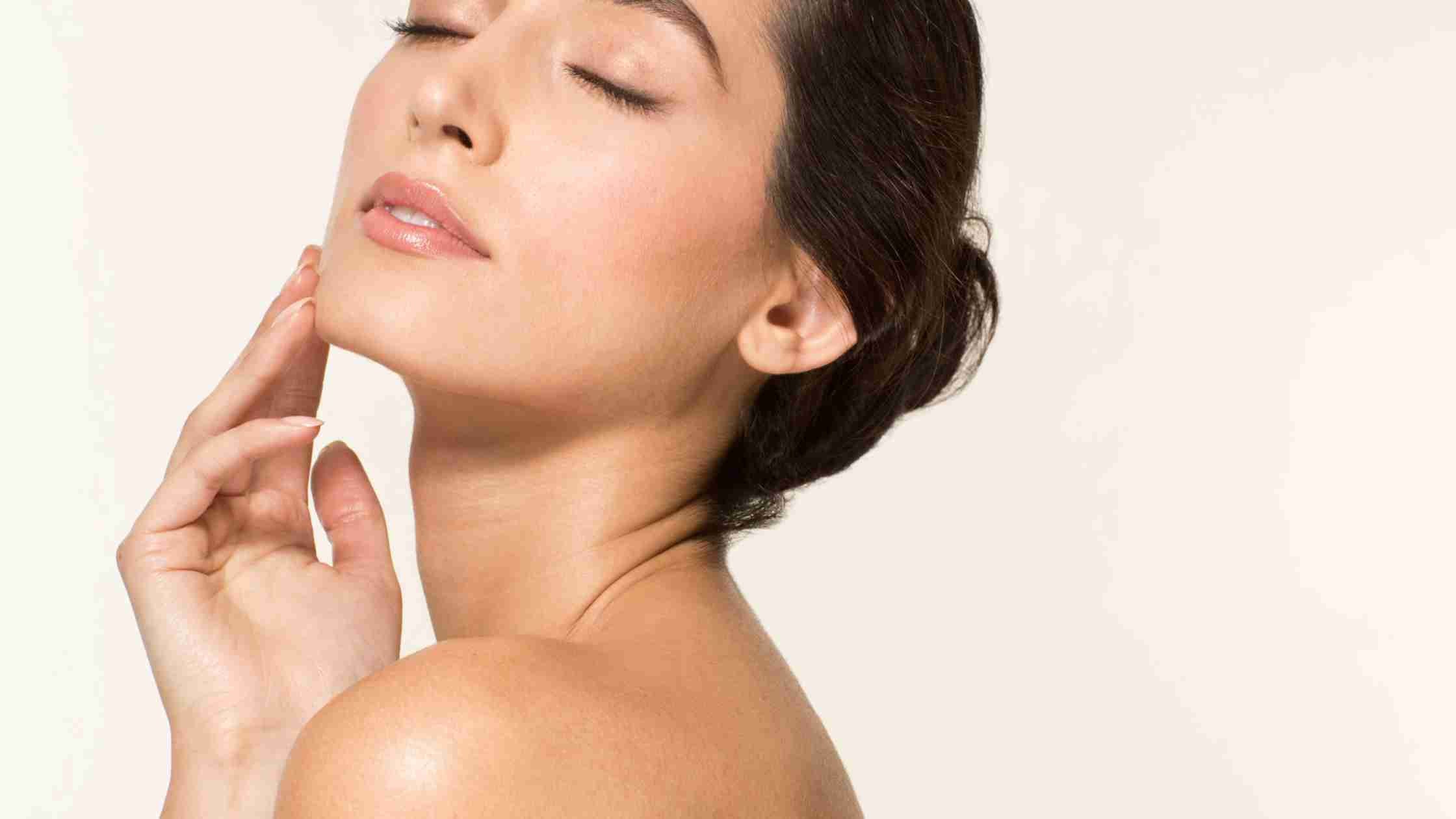What Beauty Companies Don't Want You to Know
The shocking truth about skincare that could save you thousands of dollars
Have you ever wondered why your expensive skincare routine isn't delivering the promised results? After spending decades in the cosmetics industry, I'm ready to share some uncomfortable truths that beauty companies would prefer to keep hidden.
The skincare industry is built on creating problems and selling solutions – but what if I told you that some of these "solutions" are actually making your skin worse?
The Moisturizer Myth That's Ruining Your Skin
Here's what they don't tell you about moisturizers:
Your favorite lightweight moisturizer might feel refreshing when you first apply it, but pay attention to what happens two hours later. Your skin feels even drier than before, doesn't it? This isn't a coincidence – it's by design.
Most commercial moisturizers are formulated to provide temporary hydration while gradually depleting your skin's natural moisture barrier. The result? You become dependent on the product, buying it again and again.
The truth: Your skin needs rich, nourishing creams with actual beneficial ingredients. But companies discovered that people avoid these because they "interfere with makeup." So instead, they market "makeup-friendly" moisturizers that create a cycle of dependency.
Why a Drop of Olive Oil Beats Your $200 Serum
This might sound unbelievable, but hear me out.
Food-grade olive oil is gentle enough to eat, absorbs surprisingly well, and doesn't leave your skin as greasy as you'd expect. It contains natural antioxidants and healthy fats that actually nourish your skin barrier.
Try this experiment: Add just one drop of quality olive oil to your current moisturizer tonight. Use it for just one day and notice the difference in how your skin feels.
The beauty industry can't patent olive oil, so they create complex formulations with fancy names and astronomical price tags instead.
Your Cleanser Might Be Kitchen Detergent in Disguise
Think about this irony: You wear rubber gloves to protect your hands while washing dishes, but you scrub your delicate facial skin with harsh cleansers every day.
Strong cleansing agents strip your skin's protective barrier, leading to sensitivity, irritation, and premature aging. Yet the beauty industry continues to market "deep cleansing" products as if they're doing your skin a favor.
The reality: A simple cleansing sponge and gentle technique can clean your skin just as effectively without the damage.
The Exfoliation Trap
That "smooth" feeling after using a scrub isn't smoothness – it's irritation.
Physical scrubs literally scratch your skin's surface. While one use might seem harmless, repeated scrubbing creates micro-tears that lead to sensitivity and inflammation.
Better approach: Use gentle enzyme-based treatments that dissolve dead skin cells without physical abrasion. Your skin will thank you for the kindness.
The Home Treatment Revolution
Before you book that expensive dermatologist appointment, consider this: You can achieve similar results at home for a fraction of the cost.
Microneedling systems (MTS) are available for around $25 and can be used safely at home with proper research and technique. Online communities provide detailed guides and real user reviews.
The beauty industry secret: Many professional treatments use the same principles you can apply at home – they just charge premium prices for the privilege.
What You Can Do Starting Today
Stop the cycle of dependency:
- Read ingredients lists – Simple, recognizable ingredients often work better than complex formulations
- Question marketing claims – "Clinically proven" often means tested on 20 people for 2 weeks
- Listen to your skin – If a product makes your skin worse over time, stop using it
- Invest in quality over quantity – One good product beats ten mediocre ones
The Bottom Line
Your skin is more resilient and self-healing than the beauty industry wants you to believe. It doesn't need a 12-step routine with products that cost more than your monthly groceries.
The most effective skincare often involves:
- Gentle cleansing
- Quality ingredients (even if they come from your kitchen)
- Protection from sun damage
- Patience with your skin's natural processes
Remember: The beauty industry profits from your insecurities and dependencies. True skincare is about working with your skin's natural functions, not against them.
Start questioning what you've been told. Your skin – and your wallet – will thank you.
What beauty industry "truths" have you discovered to be myths? Share your experiences in the comments below.



